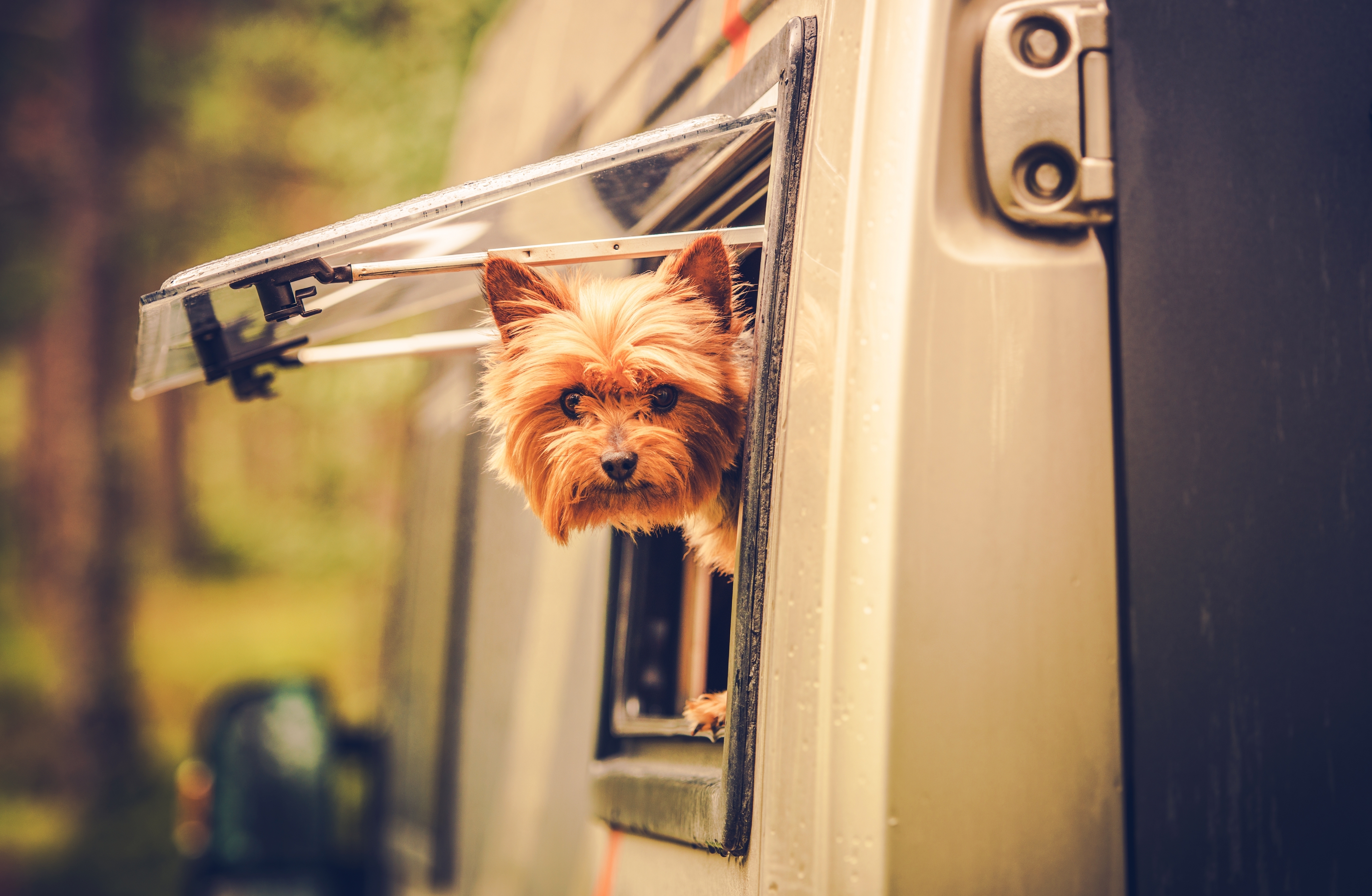Your RV is an investment that we understand works not only as a means of transportation, but home. It may be your workhorse daily or seasonally and should be maintained properly to stay that way. Besides gasoline, there are several fluids in your RV that perform different functions to keep your it running smoothly without issue in prime condition. The main fluids and the changing frequency in an RV do not differ substantially from those of an SUV. The amount of miles and weight-load however will differ and contribute as benefactors. When checked and replaced regularly, your RV increases in efficiency, longevity, and performance. Delaying change, increases, or replacement in fluids can potentially cause drivability issues and damage an RV. Maintenance is key in preventing further RV damage and need for repair down the road.
Different types of fluids for your RV
- Brake Fluid
It’s obvious that the importance of a highly functioning brake system is essential to road safety. Especially as a larger operating vehicle, an RV needs to be in total control as a typically small collision between two small-sized vehicles will not compare to the damage of a small vehicle with an RV. An RV’s brake system needs its fluid to be at the correct level to function properly. The fluid level should be towards the top and should be a light brown or yellow color. If it looks dark or muddy, it should be replaced. The ease and accessibility in checking your fluid depends on your model of RV. The brake reservoir lid may need to be lifted to check it, at which case an RV owner should lift the lid off of the reservoir, or depending on the model, the manufacturer may have made the reservoir translucent. The exposed fluid can absorb moisture which should be avoided, so if the reservoir requires a lid lift to examine its level, be sure to replace the lid promptly after checking.
- Coolant
Coolant (or antifreeze) is usually a bright neon yellow or green color and serves a dual purpose. The radiator inside of your RV keeps your RV from overheating, which is all made possible by the coolant. The second purpose of the coolant is to provide all passengers with cool air conditioning when outside temperatures are too high and/or uncomfortable.
- Motor/Engine Oil
Usually regarded as the most important fluid for your RV after gasoline, motor oil keeps all your RV’s engine parts lubricated and running efficiently. It is usually an amber or yellow color and should be clear. If you the motor oil is dark, thick, or has particles in it, it is essential that you have your motor oil changed, otherwise your recreational vehicle risks having a major issue down the line. The correct level and health of oil reduces the amount of heat in your engine which prevents parts damage. The frequency in changing motor oil depends on the amount of miles and driving conditions an RV travels.
- Transmission Fluid
Your RV’s transmission is made up of gears, clutches, and valves that allow you to shift gears. Transmission fluid keeps everything lubricated in the transmission allowing you to seamlessly go from park to reverse to drive, and back again in any order. Checking an RV’s transmission fluid seasonally is typically a safe way to go, not considering abnormal driving conditions and if miles traveled are more excessive than the norm.
- Windshield Washer Fluid / Antifreeze
Probably the least “vital” of all the fluids, windshield washer fluid may not help your RV’s performance as vitally, but it is important for the driver to maintain visibility and ensure the safety of all passengers and other motorists. This fluid is specially formulated to get rid of all the bugs, dirt, and grime that can accumulate on your RV’s windshield.
Fluid Changing Schedule
You should not ignore changing or refilling your recreational vehicle’s fluids. The absolute proper schedule of changing and checking fluids can be found in your manufacturer’s guide. Here is a general, quick guide on when to check to replace the fluids in most RVs:
Every 3 years or 30,000 miles (whichever comes first)
- Brake Fluid
- Transmission Fluid
Every 4 - 5,000 miles
- Motor/Engine Oil
As needed
- Windshield Washer Fluid
Need to replace your RV’s fluids?
Head down to your local auto repair shop for all your RV maintenance and fluid replacement needs. Our certified auto repair technicians have serviced thousands of recreational vehicles and are experts in fluid replacement. Call us today to schedule an appointment.

